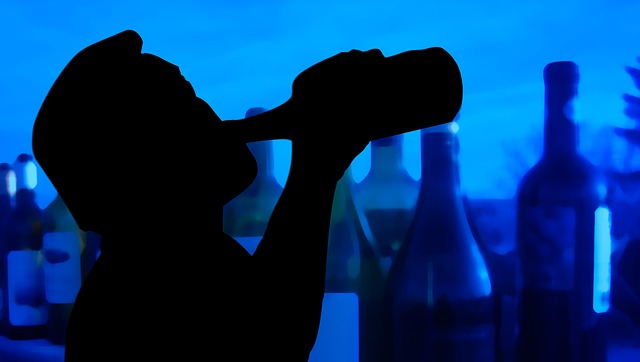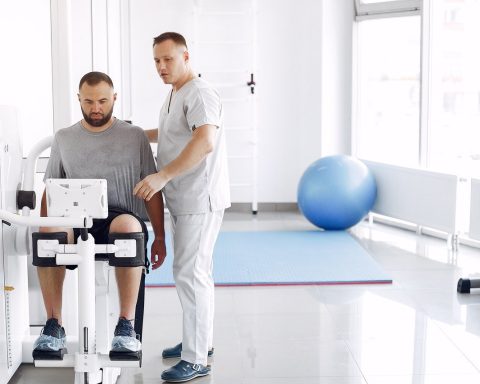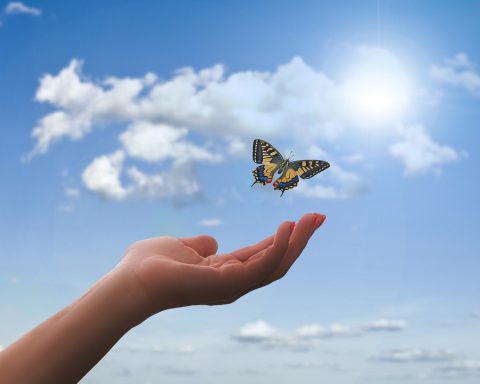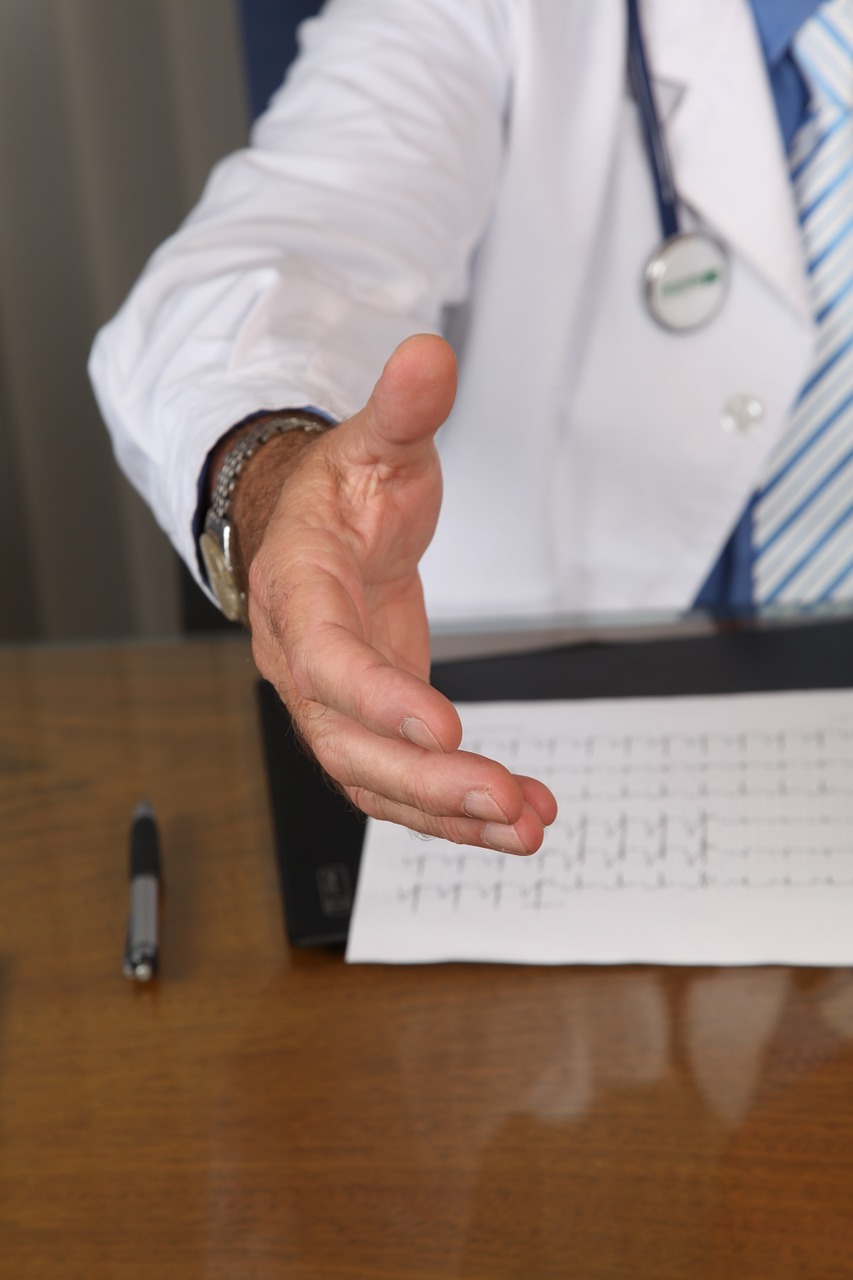Alcohol abuse is closely correlated with depression. This doesn’t necessarily mean one causes the other, but many people who suffer from depressive disorders turn to alcohol to escape.
On the other side of that coin, those who abuse or overuse alcohol can develop symptoms of depression or exacerbate symptoms that are already present.
So, how are these two issues related, and how can you help a loved one if you start to notice alcohol-induced depression or depression-induced alcohol abuse? Let’s take a look.

How Alcohol Can Promote or Impact Depression
Research shows that there is a relationship between depressive disorders and alcohol that moves in both directions. Both of these disorders can exist at the same time, and having one disorder increases the likelihood of developing the other.
While depression alone warrants professional psychological support, someone battling alcoholism should get help from addiction specialists at an alcohol detox in Richmond.
Both of these issues are prevalent psychiatric conditions, and doctors are familiar with seeing both of these disorders occur at the same time.
So, how does this happen?
There are a few different factors involved:
- Genetics — Individuals may be more genetically susceptible to one or both of the disorders.
- Alleviation — Many people try to alleviate the negative effects of depression by numbing their emotions and experience.
- History of Trauma — Someone with a history of abuse or trauma such as sexual assault, child abuse, or combat may be at a higher risk for alcohol use disorder (AUD) or depressive disorder.
- Mental Health — Those with other mental health issues, such as depressive disorders, PTSD, bipolar disorder, or schizophrenia may be more prone to experiencing these disorders.
- Environmental Factors — Exposure to abuse, trauma, or violence may also contribute to both depression and AUD.
Does Alcohol Cause Depression?
One study has shown that there may be direct causation between abuse of alcohol and depressive disorders in some circumstances. If someone has not had a history of depressive episodes in the past or is not currently experiencing symptoms of depression, overusing or relying on alcohol can create some of these symptoms.
Drinking a lot can impact sleep patterns, deprive drinkers of proper nutrition, reduce serotonin and norepinephrine (the feel-good chemicals), and impair judgment. Together, these results can cause a storm of depressive disorder symptoms and send drinkers into a depressive episode.
Does Alcohol Make Depression Worse?
What about if you already have depression, to begin with? Drinking too much can exacerbate these symptoms while also making it harder to recover from depression. It’s not only AUD that causes it, however. Even those who only drank low levels of alcohol show less progress with pharmacological (medicine-based) depression treatments.
How Long Will Depression Induced by Alcohol Last?
If you or someone you love is experiencing a depressive disorder induced by alcohol, know that the length of this season will vary. If you or your loved one begins to abstain from drinking for a while, most of the time, you’ll start to see results within 3-4 weeks.
Unfortunately, sometimes AUD-induced depression can spur into a depressive disorder independent of substance abuse. Should this happen, you should always contact a mental health professional for help.
How to Help
It’s hard to accept when a loved one is struggling with alcoholism. It’s also hard to figure out how best to approach the matter without making them feel defensive or attacked.
Try to talk to them face to face, so they can’t avoid the subject or evade communication entirely. Avoid ambushing them with a large group.
The best way to initiate the conversation is simply by being honest about what you’ve noticed and what concerns you. Then, emphasize that you care about their wellbeing and only want the best for them.
Supporting Loved Ones Through Alcohol Abuse and Depression
There’s no easy way to it, but showing up with love and care is the best thing you can do when a friend or family you love is struggling with depression, alcoholism, or both.










